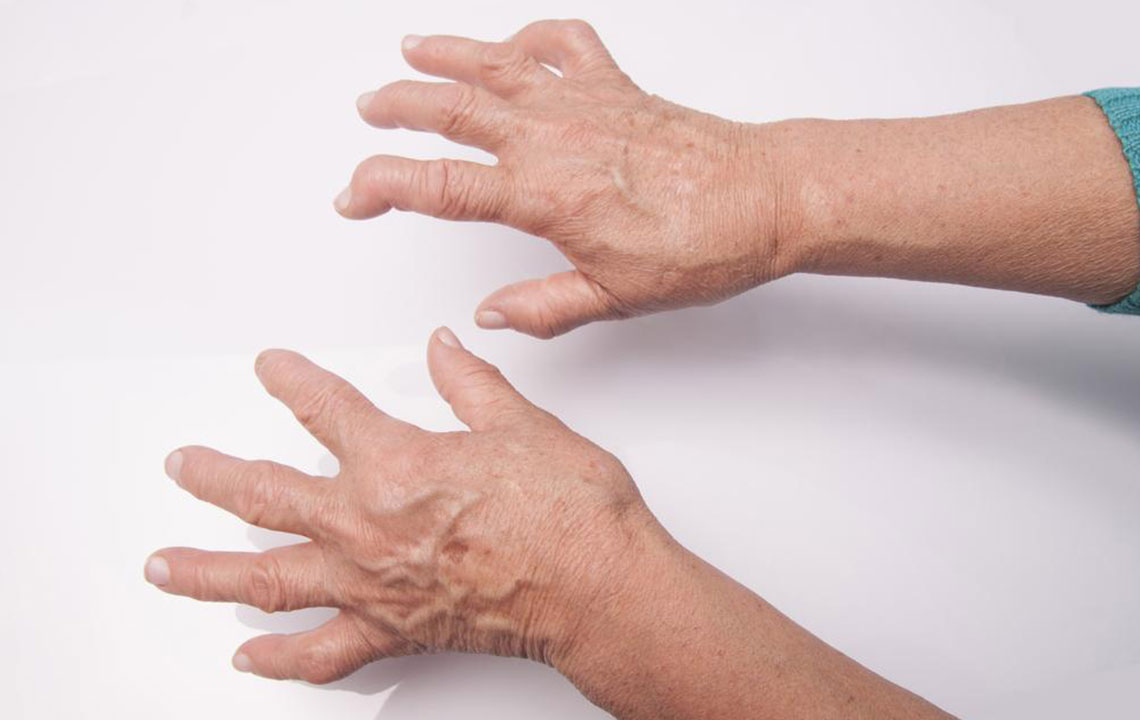Comprehensive Strategies for Managing Chronic Urticaria
Discover effective management strategies for chronic urticaria, including medication options, dietary recommendations, and lifestyle tips. Proper treatment and lifestyle adjustments can significantly reduce symptoms and improve quality of life. Consult your doctor to develop a personalized plan and explore the latest therapies for this persistent skin condition.

Effective Strategies for Managing Persistent Urticaria
Effective approaches to controlling chronic urticaria
Urticaria, commonly known as hives, results from allergic reactions to foods or other substances. Mild cases resolve quickly, but when the symptoms persist beyond six weeks, it is classified as chronic urticaria.
This condition features recurring skin welts with no clear cause. It is often linked to autoimmune responses, with the immune system playing a key role. Patients with hormonal imbalances or cancer are more prone to develop this disorder.
Though considered autoimmune, various triggers can provoke it, such as alcohol, anti-inflammatory drugs, tight clothing, and extreme hot or cold conditions.
Managing Chronic Urticaria
Doctors typically recommend antihistamines available over-the-counter. If ineffective, alternative treatments are available.Antihistamines block histamine hormones responsible for allergy symptoms. Common options include:
Fexofenadine
Cetirizine
Loratadine
Desloratadine
Higher doses may be prescribed if necessary; always consult your healthcare provider before use.
In some cases, doctors may suggest using antidepressants like doxepin, which also reduces itching. It can cause drowsiness. Other medications include oral or injectable H-2 receptor blockers such as ranitidine, famotidine, and cimetidine. Short-term anti-inflammatory drugs like prednisone can alleviate swelling, but prolonged use may lead to side effects or worsening symptoms. Combining asthma medications, such as montelukast, with antihistamines can provide additional relief. The monoclonal antibody Xolair, administered monthly, is an effective injectable option. Immunosuppressants like Prograf or Neoral Gengraf help control immune responses.
Diet also plays a vital role in managing chronic urticaria. Consuming foods rich in anti-inflammatory properties can aid recovery. Examples include:
Salmon: High in omega-3 fatty acids that help reduce inflammation.
Mustard greens: Contain high beta-carotene levels, supportive in breaking down histamine.
Apples: Rich in bioflavonoid quercetin, which stabilizes histamine cells.
Turmeric: A traditional anti-inflammatory remedy used for centuries.
Flax seeds: Nutritious and rich in fibers, omega-3s, and antioxidants.
In addition to medication and diet, lifestyle modifications are crucial. Avoid known triggers such as certain foods, pollen, and medications. Maintain skin hydration with suitable moisturizers, wear loose-fitting clothing, manage stress levels, and take medications consistently. Chronic urticaria isn't contagious, but if symptoms persist, consulting a dermatologist promptly is essential. With proper treatment, many individuals see improvement within one to five years.










